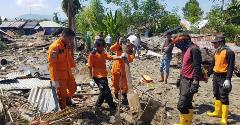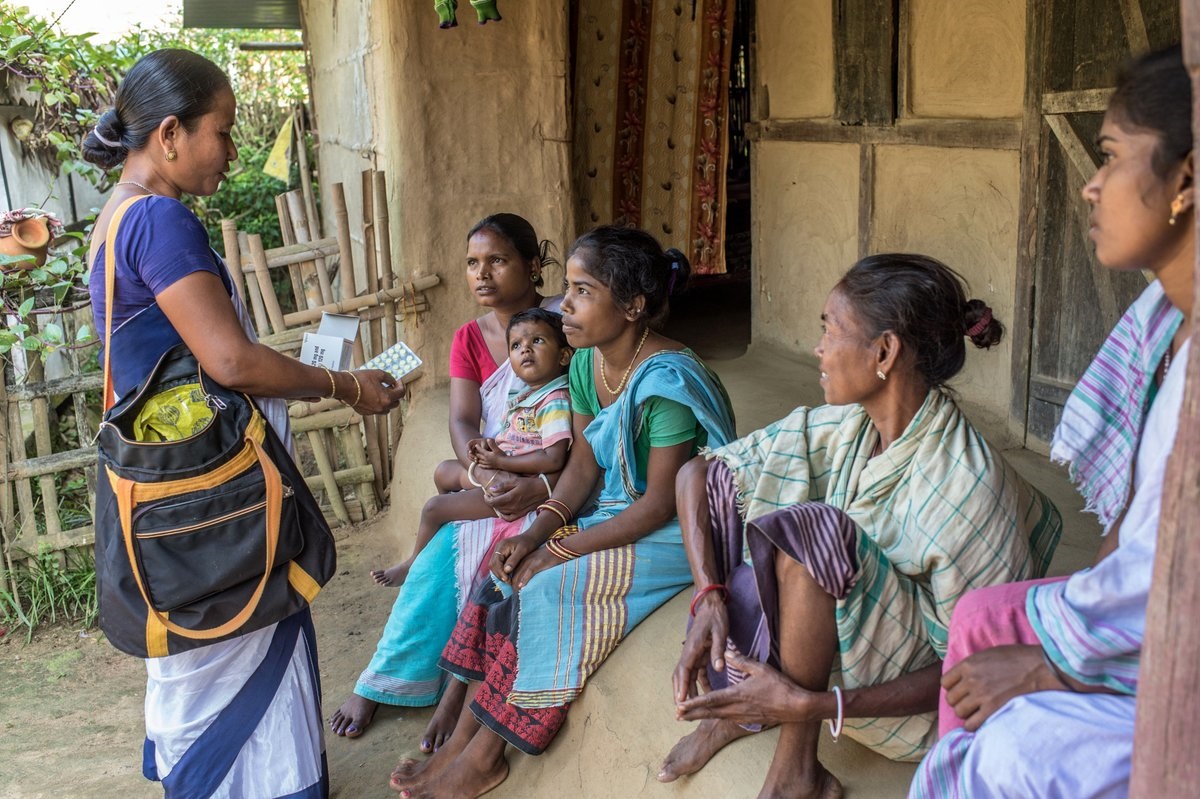
1. What is a COVID-19 variant? Are they dangerous?
Viruses change all the time. These changes are called “mutations” and the resulting virus is called a “variant”. Such changes in the COVID-19 virus also result in variants.
Sometimes, these may change the virus characteristics. Current widely circulating COVID-19 variants are more easily transmissible and infect people much faster. Studies are underway to understand them better.

2. What is a variant of interest (VOI)?
WHO considers Variants of Interest (VOI) if the SARS-CoV-2 virus (which causes COVID-19):
Has mutations that are suspected or known to cause significant changes from its original strain
Is spreading widely in many places or many countries

3. What is a variant of concern (VOC)?
A variant of concern (VOC) is a SARS-COV-2 variant which is known to have one or more of the following:
Spreads more rapidly
Causes more severe disease
Change in clinical presentation
Escapes the body’s immune response
Decrease effectiveness of known public health measures, diagnostics, treatments or vaccines.

5. What is the Delta Variant?
The Delta variant is a variant that can spread faster than other currently known variants. It is now the dominant variant circulating globally.

6. What are Delta variant symptoms?
People infected with the Delta variant of the COVID-19 virus, show the same symptoms as people infected with other versions of the virus. Therefore, presently, the Delta variant can only be identified through specialized laboratory tests (“genomic sequencing”) and NOT by observing a patient’s symptoms.

7. Is there a Delta Plus variant?
What has been commonly referred to as ‘Delta Plus’ is just the Delta variant with additional mutations. The WHO system of naming variants does not include ‘Delta Plus’. Currently scientists are studying whether, and how, this makes a difference. There is not enough evidence yet for definite conclusions about the effect of these mutations.

8. Do vaccines work against the Delta variant?
Full vaccination with any of the anti - COVID-19 vaccines that have been granted WHO emergency use listing (EUL), provide substantial protection against the COVID-19 disease, especially severe disease, hospitalization, or death, as long as all the required doses have been taken. This is true for all current variants of concern, including the Delta variant.
Along with vaccination, WHO recommends continuing to wear a mask, avoid crowds, and wash hands regularly with soap and water.








